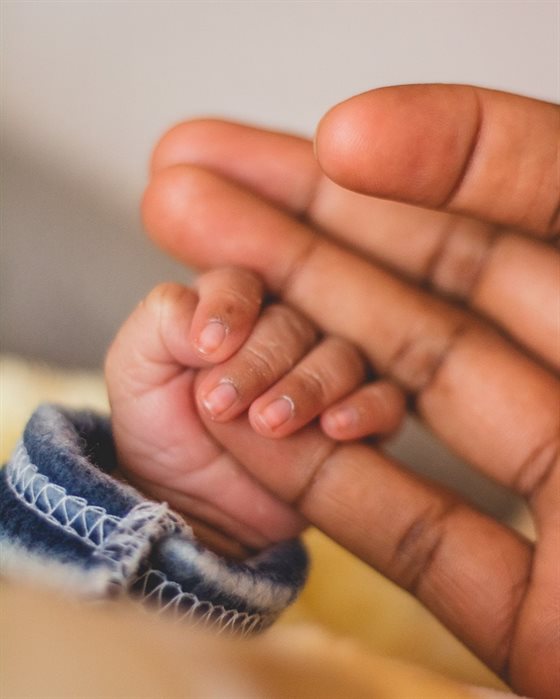Women from ethnic minority groups and socially deprived backgrounds are at higher risk of being affected by pregnancy complications including premature births and stillbirths, new research has found.
In a nationwide study of more than one million births in England, experts including De Montfort University Leicester (DMU)’s Associate Professor of Research, Dr Tina Harris, found that poor pregnancy outcomes disproportionately affect Black and South Asian women more than White women.

Image: Tembinkosi-Sikupela/Unsplash
The study, published in world-leading medical journal The Lancet, involved an analysis of birth records between 1st April 2015 and 31st March 2017 in NHS hospitals in England.
Researchers examined the records and looked at three key pregnancy outcomes: stillbirth – the death of a foetus after 24 weeks of pregnancy; preterm birth – livebirth before 37 weeks; and foetal growth restriction (FGR) – a condition in which babies are smaller than expected for their gestational age.
Their findings indicate that Black and South Asian women living in the most deprived parts of England experience the largest inequalities in pregnancy outcomes – with 17% of births with FGR, 12% of stillbirths, and 1% of preterm births attributed to ethnic inequality.
“Reduction of inequalities in pregnancy outcomes by socioeconomic status and ethnicity is a key objective of health policies in many countries,” explained Dr Harris, an active researcher at DMU's Centre for Reproduction Research (CRR) and Senior Clinical Lead (Midwifery) for the National Maternity and Perinatal Audit at the Royal College of Obstetrics and Gynaecology.
“NHS England, for example, has set a target to reduce the overall rates of stillbirth and neonatal mortality by 50% and preterm birth by 25% between 2019 and 2025.
“However, efforts to improve pregnancy outcomes and to mitigate inequalities are hindered by a lack of information about how these inequalities are related to women's societal circumstances and pre-existing health and which groups are most strongly affected.
“This research, therefore, is a step in the right direction. It provides new information that we hope will go a long way to informing influential politicians and health policy professionals so that we can better protect all women and babies.”
The research suggests that half of stillbirths and three-quarters of births with FGR in South Asian women living in the most deprived 20% of neighbourhoods are potentially avoidable if this population had the same risks as white women living in the most affluent 20% of neighbourhoods.
Similarly, about two-thirds of stillbirths and about half of births with FGR in Black women from the most deprived neighbourhoods are potentially avoidable if they had the same risks as white women from the most affluent neighbourhoods.
To reduce such inequalities in pregnancy outcomes, Dr Harris and her co-authors have proposed a number of measures, including targeting high-risk groups with clinical interventions during pregnancy, developing programmes to help stop smoking and promote healthy diets, and improving access to high-quality antenatal care (for example, by monitoring of foetal growth more precisely and frequently and offering to induce labour when stillbirth risk is increased).
They also recommend public health strategies to reduce inequalities in women’s health before pregnancy, focusing on smoking and dietary habits as well as wider aspects of maternal adversity, such as mental health issues, substance abuse, and stress related to social disadvantage.
Lastly, they call for wider policies to address the key causes of inequality, such as income, education, and employment, that indirectly influence pregnancy outcomes.
Posted on Thursday 2 December 2021